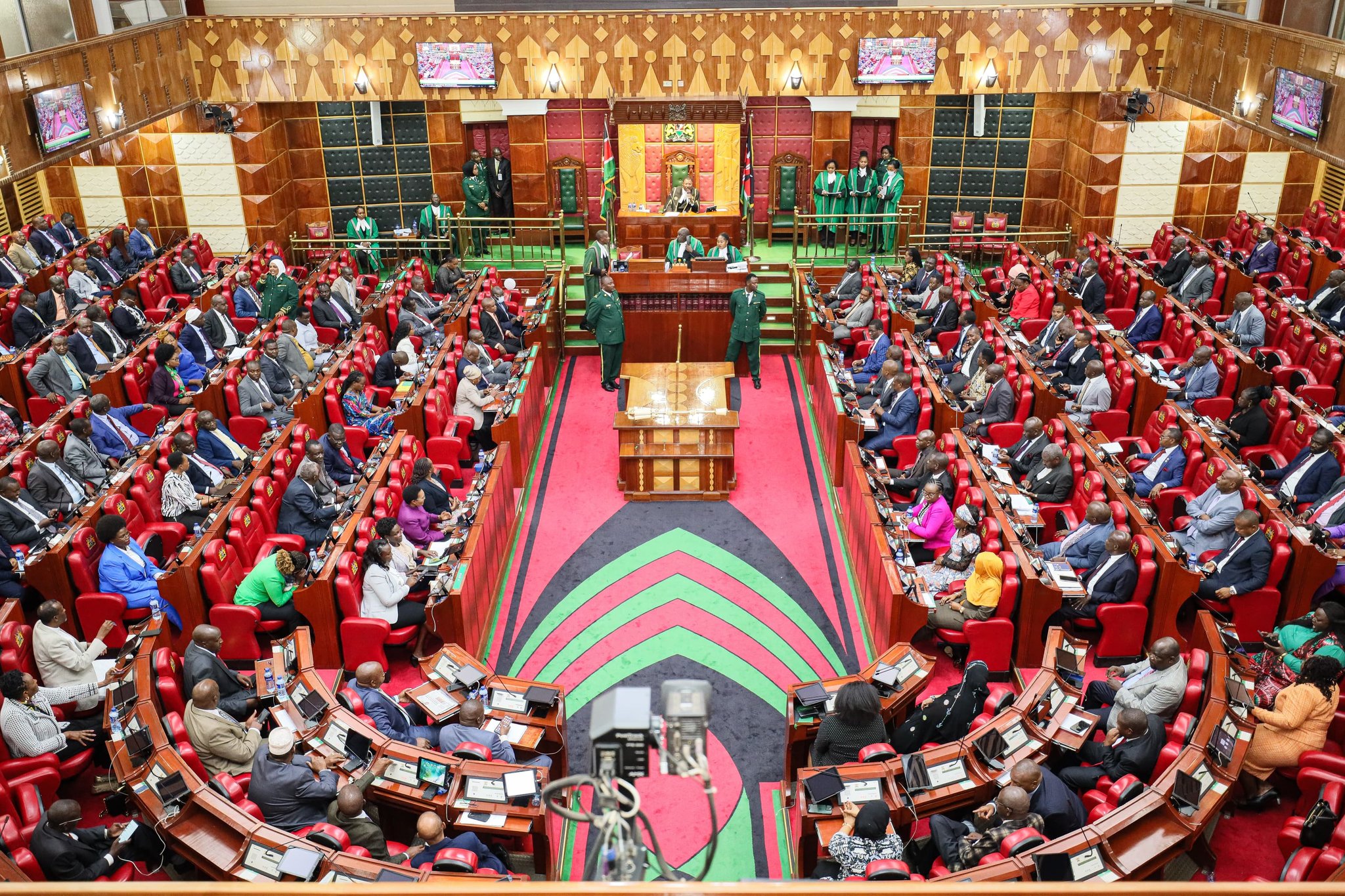Resolution collapse exposes depth of insurance rot

The collapse of Resolution Insurance Company is the loudest warning yet that the insurance industry in the country is going to the dogs. Even more worrying is the fact that several other insurers are already distressed and are teetering on the edge.
The problems in the insurance industry are systemic and require drastic reforms if the sector is to be revived and strengthened.
Insurance is a critical pillar of any country. It is the bulwark against which an entire economy rests. It is a guarantor- that an economy can quickly re-establish itself should any of the insured risks materialise. Thus, a stolen vehicle is rapidly replaced after an insurance payout, enabling the insured to start at the point they had stalled after the theft.
So, this is a very crucial industry that does not seem to get Government attention that is commensurate with its importance. The Government has seemingly left it to lurch from one crisis to another. The sector faces huge problems currently.
The biggest challenge, and for which insurance companies are notorious, is the failure to pay claims. It beggars belief that an industry whose very reason for existence is to pay claims, treats this as the least of its concerns. So, why have the sector at all? Why does the regulator, the Insurance Regulatory Authority (IRA), allow companies to continue collecting premiums without paying claims?
Governance is another major problem. For a sector that has been allowed to just pick people’s money and keep it, the corporate governance regime under which it operates is weak.
In effect, nothing stops directors from walking into a company, pocketing the money in the till as they wish, and walking out. Many do. Company directors seemingly have a dominant influence over financial decisions, and routinely derail prudent financial management of insurance companies.
The sector seems unable to attract investors. This is very strange, given that Kenya’s financial sector is one of the most vibrant in the continent, and has been attracting billions of shillings in investment both domestically and internationally. What could be the problem?
This is an issue that should be dealt with as this sector urgently requires new investors to bring in the heavy capital and technical expertise it needs to grow. The problem of thinly capitalised companies that do not have the muscle to conduct proper insurance business is now perennial and, apparently, accepted by the regulator. Why else would the regulator be so slow in injuncting insurers to urgently do something about it?
The sector is ripe for consolidation. It is better than the economy has five big heavily capitalized insurance companies that the economy can rest on than the prevailing situation. The prevailing situation is that most insurers below the few top tier companies are seriously struggling, and are only alive due to the magnanimity, some would say complacency, of the regulator. Currently, the country has 40 insurance companies, which are served by 163 brokers, and over 10,000 insurance agencies, according to data from the IRA. This is not taking into account the re-insurance companies, insurance surveyors, motor assessors, and risk managers. Note, this top-heavy structure is servicing an insurance penetration of less than 3 per cent, one of the lowest on the continent! Compare that with 17 per cent for South Africa.
How are they even surviving, let alone being viable? That is why vicious undercutting has become such a huge challenge in the industry, threatening the viability of the entire ecosystem.
This list of the challenges confronting this sector is by no means exhaustive. They can only be addressed through resolute government action.
The bottom line is that IRA has failed Kenyans. One would have expected that the collapse of Resolution Insurance would have precipitated a sense of alarm and urgency in IRA in shaking up the industry. But one only hears a deafening silence.







